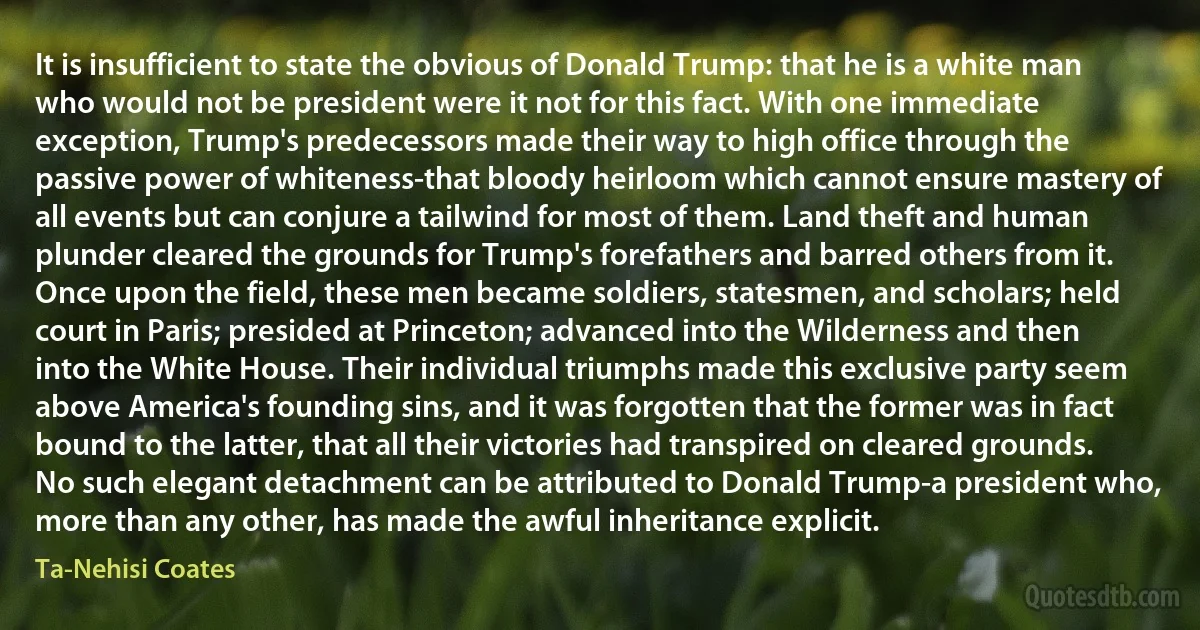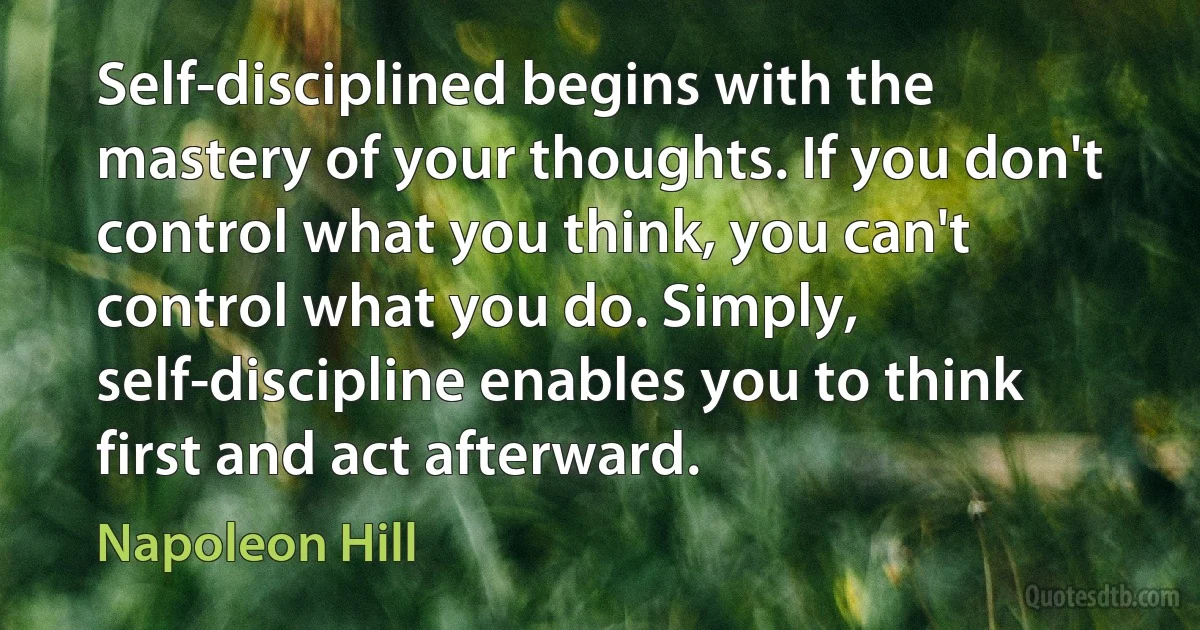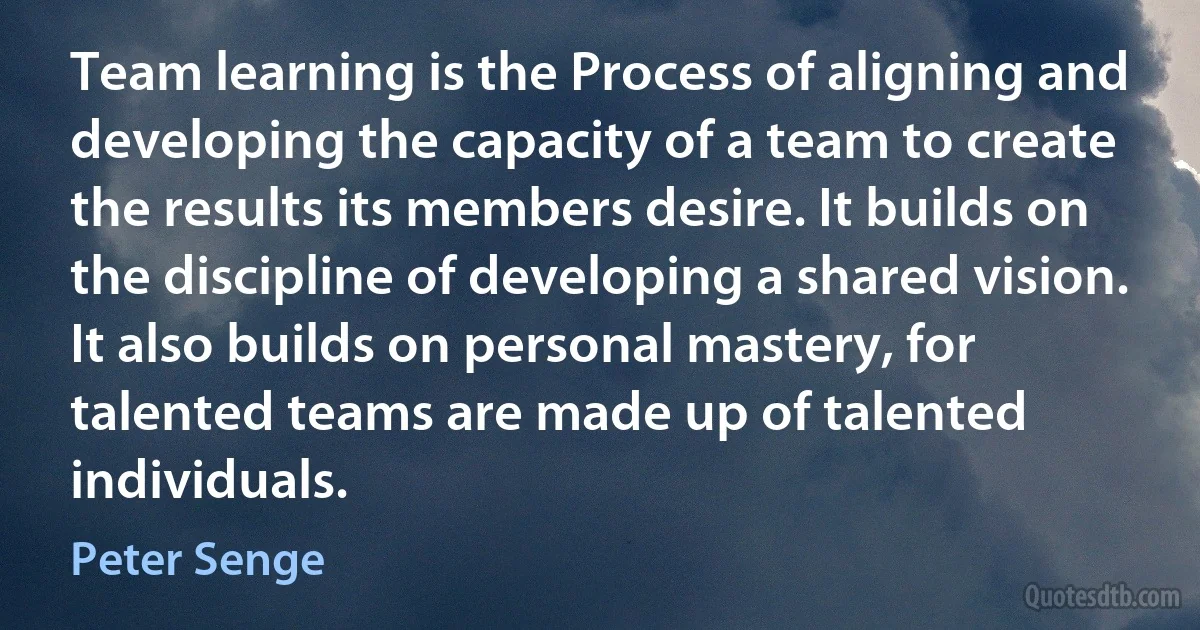Mastery Quotes - page 8
The Inmost is one with the Inmost; yet the form of the One is not the form of the other; intimacy exacts fitness. He therefore who liveth by air, let him not be bold to breathe water. But mastery cometh by measure: to him who with labour, courage, and caution giveth his life to understand all that doth encompass him, and to prevail against it, shall be increase. "The word of Sin is Restriction": seek therefore Righteousness, enquiring into Iniquity, and fortify thyself to overcome it.

Aleister Crowley
....most of our textbooks and commentaries on leadership and the mastery of the moral problem in battle are written by senior officers who are either wholly lacking in combat experience or have been for long periods so far removed from the reality of small arms action that they have come to forget what were once their most vital convictions and impressions.

S.L.A. Marshall
Whence first arose among unhappy mortals throughout the world that sickly craving for the future? Sent by heaven, wouldst thou call it? Or is it we ourselves, a race insatiable, never content to abide on knowledge gained, that search out the day of our birth and the scene of our life's ending, what the kindly Father of the gods is thinking, or iron-hearted Clotho? Hence comes it that entrails occupy us, and the airy speech of birds, and the moon's numbered seeds, and Thessalia's horrid rites. But that earlier golden age of our forefathers, and the races born of rock or oak were not thus minded; their only passion was to gain the mastery of the woods and the soil by might of hand; it was forbidden to man to know what to-morrow's day would bring. We, a depraved and pitiable crowd, probe deep the counsels of the gods.

Statius
Denying miracles, the Teacher pointed out the concealed powers of human nature which, when developed, can produce the so-called miracles.
The method of developing these powers is interpreted in Buddhist books and is known under the name of the science "Iddhi-Vidhanana,” which points out two forms of manifestation of these powers and two ways to attain them. One, the lower, is reached by way of various ascetic and other physical practices; the other higher one, embracing all possible manifestations, is attained by the power of inner development. The first method of developing these powers is not lasting and may be lost, whereas inner development can never be lost. Its mastery is attained by following the noble way indicated by Buddha. All these hidden powers gradually unfold in man, usually of themselves, in proportion to man's mastery of the lower expressions of his nature in a whole series of previous lives.

Helena Roerich
It is apparently very congenial for some people who are professionally concerned with fictional texts to be told that all texts are really fictional anyway, and that claims that fiction differs significantly from science and philosophy can be deconstructed as a logocentric prejudice, and it seems positively exhilarating to be told that what we call "reality" is just more textuality. Furthermore, the lives of such people are made much easier than they had previously supposed, because now they don't have to worry about an author's intentions, about precisely what a text means, or about distinctions within a text between the metaphorical and the literal, or about the distinction between texts and the world because everything is just a free play of signifiers. The upper limit, and I believe the reductio ad absurdum, of this "sense of mastery" conveyed by deconstruction, is in Geoffrey Hartman's claim that the prime creative task has now passed from the literary artist to the critic.

John Searle
I absolutely reject the premise there is anything wrong with Black people "talking white”. It is as if to vast swathes of the privileged white left and impoverished Black community diction, education and a mastery of thought is somehow "white”... comrade, how wrong you are to say that after decades in academia I'm acting white. I'm being black. I'm being black everyday a cop pulls my car over for a "routine stop”, I'm being black each time I look in the mirror, and I'm damn well being black when I school young fools out of the myth our race is too ill-evolved to be both black and accomplished.

Elaine Brown
To be a student of Stuck [1898 - 1900] sounded good. In reality, however, it was not half so splendid. Instead of coming to him with a sound mind I brought a thousand pains and many prejudices. In the realm of colour I found it hard to progress. Since the tone provided by mood predominated strongly in my mastery of form, I sought to find as much profit as possible here at least. And, in this respect, a great deal really was to be gained at Stuck's. Naturally I was not the only one, at this time, to be deficient in the realm of color. Later, in his monograph, Kandinsky passed a similar judgement on this school [of Stuck].

Paul Klee
But let there be no misunderstanding: it is not that a real man, the object of knowledge, philosophical reflection or technological intervention, has been substituted for the soul, the illusion of theologians. The man described for us, whom we are invited to free, is already in himself the effect of a subjection more profound than himself. A 'soul' inhabits him and brings him to existence, which is itself a factor in the mastery that power exercises over the body. The soul is the effect and instrument of a political anatomy; the soul is the prison of the body.

Michel Foucault
Turkmens claim that they have the lowest life expectancy in Iran and that they are denied fair access to higher education. Those who manage to apply for university places are often turned away because they fail religious tests based on Shiism; their inadequate mastery of Persian reduces their chances further. Tehran authorities blame the Turkmen revolt on "secessionists” and "counterrevolutionaries,” allegedly supported by the United States. In fact, the revolt highlights the failure of a narrowly based ideological regime to understand the pluralist nature of Iranian society and the legitimate aspirations of its diverse component parts for dignity, equal opportunity and a fair share in decision-making.

Amir Taheri



